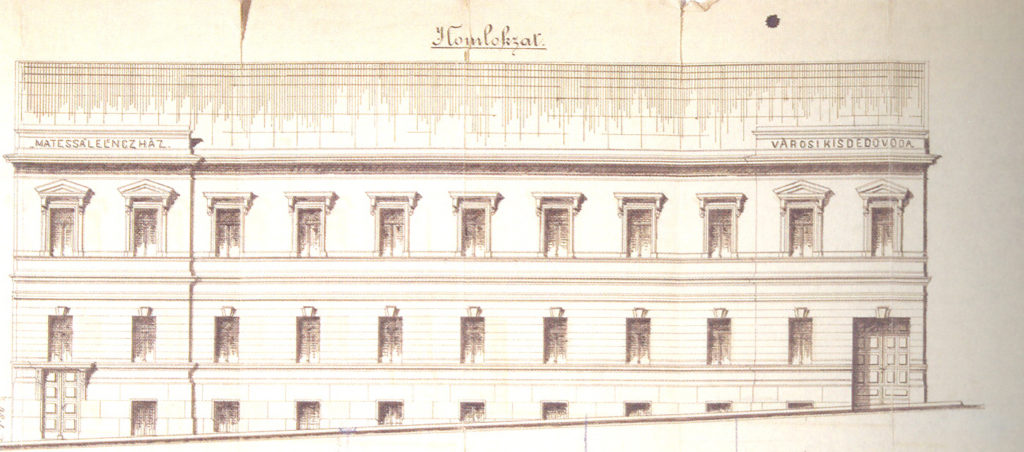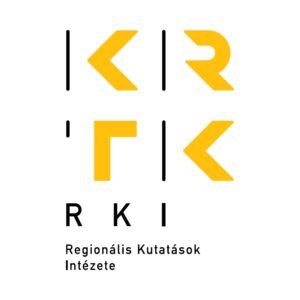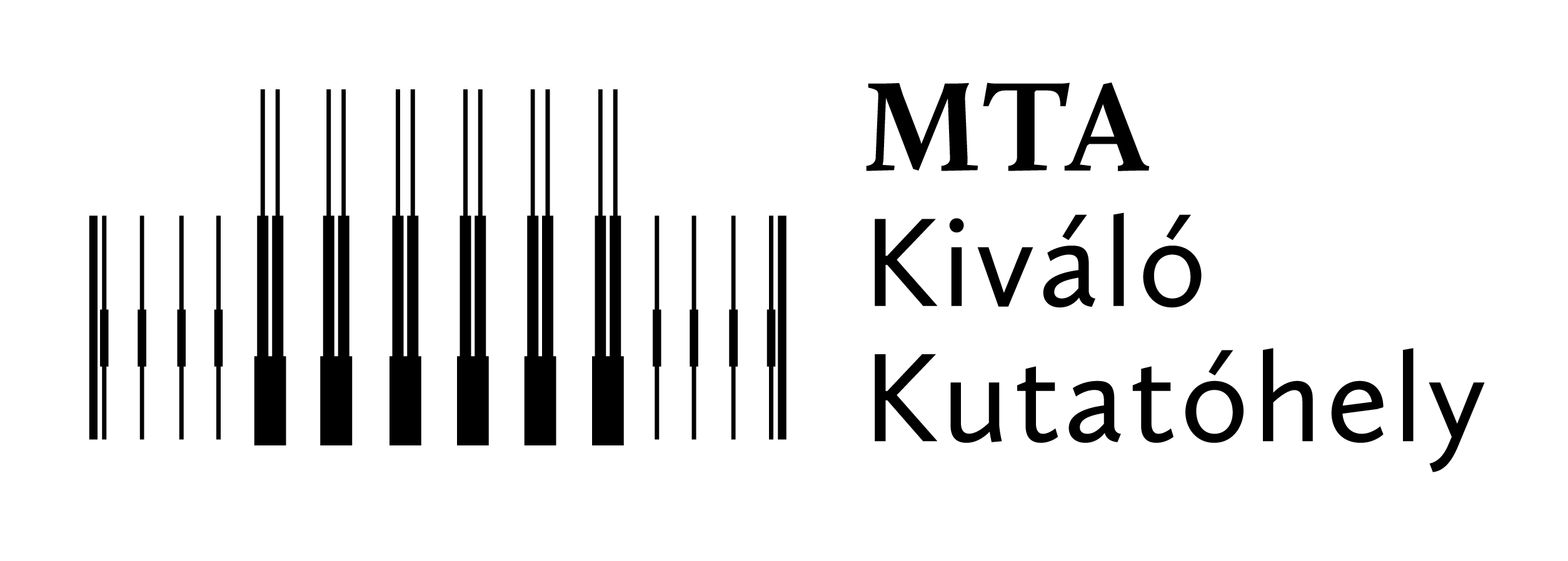New Ideas and New Generations of Regional Policy in Eastern Europe

The international conference organised by the Institute of Regional Studies titled „New Ideas and New Generations of Regional Policy in Eastern Europe” was organised in Pécs between April 7-8. Over 150 participants from 15 countries attended the conference, where the successful work was conducted in 8 thematic sessions (socio-economic inequalities, regional policy, cohesion, sustainability, migration, border regions, territorial capital, rural innovations, smart city). A major objective of the event, alongside the presentation of the most state-of-the art results of territorial researches and the debate on current questions was to contribute to strengthening the international relationships of researchers and to encourage new cooperations. The conference was opened by Ádám Török, secretary general of Hungarian Academy of Sciences and Ilona Pálné Kovács director of Institute for Regional Studies. The plenary lectures was presented by excellent scientists as Simin Davoudi, Dominic Stead, Giancarlo Cotella, Gabriel Badescu. The conference presentations and abstracts are available on following link.
Obituary – Professor Dr. Gyula Horváth (1951-2015)

Hungarian social science has suffered a great loss with the tragically sudden death of Gyula Horváth. Gyula Horváth was for 15 years Director-General of the Centre for Regional Studies of the Hungarian Academy of Sciences, he was also scientific advisor of the HAS Centre for Economic and Regional Studies, professor of the University of Pécs and Doctor of the Hungarian Academy of Sciences. Gyula Horváth would have been 64 years old on the 4th of October.
Ilona Pálné Kovács new Director of the Institute of Regional Studies

With the approval of the President of the Hungarian Academy of Sciences the Director General of the of HAS Centre for Economic and Regional Studies appointed Ilona Pálné Kovács corresponding member of HAS, research professor of the Transdanubian Research Department director of the Institute of Regional Studies as of April 1, 2015.
Book on “Regional Impacts of Different Photovoltaic Systems” published

At present we are experiencing explosive development in photovoltaic energy production. During the past one or two years the number of installed photovoltaic energy-generating modules has started to increase both in the developed and underdeveloped world and capacity installation projects indicate a continuation of the dynamic growth. Costs incurred by the production of solar modules decrease year on year and the reliability and efficiency of inverters are also constantly improving. In addition to efficiency, focus must be placed also on the life-cycle of the materials used and on the reintegration of such materials into the recycling chain. Photovoltaic energy production implies not only technical-technological prerequisites and effects but also social, economic and environmental factors and effects which are at least just as important as the former ones, consequently it is inevitable to carry out interdisciplinary research in this field. This trilingual book introduces the synopsis of the joint work performed by two research workshops of different profiles, where we address the most significant parameters relating to the social, economic, environmental and regional impacts of five different photovoltaic systems. The book can be downloaded at the link below.
Iván Illés research professor emeritus

With the approval of the president of the Hungarian Academy of Sciences the director general of the CERS appointed Iván Illés, scientific advisor of the Transdanubian Research Department research professor emeritus as of 1st of July 2013. Iván Illés is a great authority on regional economics and planning, EU policies and development of Central and Eastern Europe. He has obtained non perishable merits in the domestication of Hungarian regional science and institution building, and the establishment of the links between basic and applied research.
Györgyi Barta research professor emerita

With the approval of the president of the HAS the director general of the CERS appointed Györgyi Barta, scientific advisor of the Central and North Hungarian Research Department research professor emerita as of 1st of July 2013. Györgyi Barta is an internationally recognized researcher whose research areas include the spatial structural relations of the economy, industrial and enterprise geography of Hungary, socio-economical development of Budapest region. From January 2011 she is editor-in-chief of Space and Society scientific journal, and will continue to assume this task in the future upon the request of the leadership of the Institute.
Book on Territorial cohesion in Europe published – For the 70th Anniversary of the Transdanubian Research Institute

The book contains the papers of an international scientific conference which was organised for the 70th anniversary of the foundation of the Transdanubian Research Institute. The authors representing the main current of regional science – among others Andreas Faludi, Michael Keating, Anssi Paasi, Robert Leonardi, John Bachtler, Riccardo Cappellin – have also contributed with their papers in the 516 page long English language book. The jubilee book was edited by professor Ilona Pálné Kovács, James Scott visiting professor of the institute and Zoltán Gál senior research fellow. The book is available in electronic format at the link below.
Jubilee conference of the Transdanubian Research Institute – 27th-28th of June 2013, Pécs

The Transdanubian Research Institute (Dunántúli Tudományos Intézet in Hungarian) was founded in year 1943. This was an excellent opportunity to invite our international and national academic partners; to bring together well-known senior experts and talented junior research fellows; and of course, to discuss fruitfully and prospectively about the current research developments on regional policy and territorial cohesion. For the 70th anniversary the TRI organised a two-day international conference on the 27th–28th of June 2013 in the Zsolnay Cultural Quarter of Pécs. The conference’s presentations and photos are available on the TRI’s 70-year anniversary website.
Gyula Horváth elected member of the presidency of The International Academy of Regional Development and Cooperation

The scientific institute based in Moscow was established in 1996 for the purpose of the development of international regional scientific cooperation and the coordination of spatial research. Its founding president is the internationally Russian regional scientific researcher, academic Alekszandr Granberg. Gyula Horváth was granted membership during the general assembly of the Academy on the 13th of June, 2013. His appointment was a sign of the recognition of the role he played in the dissemination of regional science in Russia, his scientific results, the development of Eastern European regional research collaboration and the international fame of the research institute under his former leadership.
Ilona Pálné Kovács has been elected corresponding member of the Hungarian Academy of Sciences

Ilona Pálné Kovács, scientific advisor of the Institute for Regional Studies of CERS HAS was elected by the General Assembly of the HAS corresponding member of HAS on the 6th of May 2013. Ilona Pálné Kovács (born in Pécs, 1954) graduated as a lawyer (1978), CSc in political science (1988), DSc in regional science (2000). From 2002 she has been a full time professor at the Department for Political Studies of University of Pécs, founder and head of the doctoral programme. She has been a researcher of the Transdanubian Research Institute from 1978, between 1997-2012 she was the director of TRI. Her scientific field covers local and territorial governance, the institutional aspects of regional policy. Her outstanding publication activity – 393 titles, 7 individual and 28 edited volumes – are justified by over a 1000 references. She has been the theme leader of several domestic and international research projects (among them 3 framework programmes). She utilises her scientific results in practice in domestic decision support and expert activities. The interdisciplinary character of her research is justified by the simultaneous use of the approaches of public administrative sciences, regional science and political science.


